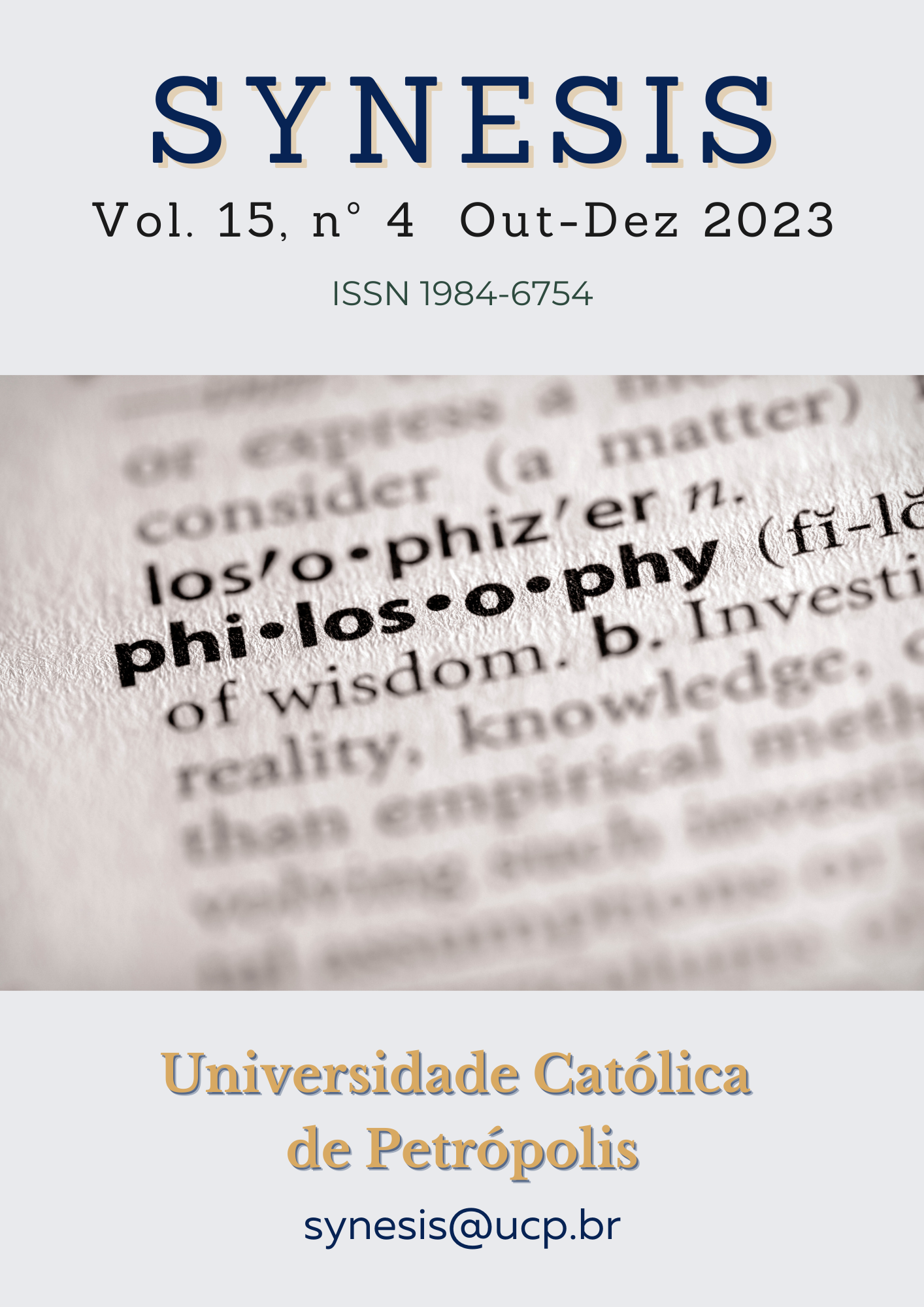Abstract
Studies of the patterns and methods of spiritual and moral transformation in the new information reality have received particular attention in the scientific literature, which has amassed a sizable body of work on the socio-philosophical issues of the information society. In order to maintain the stability of that person's spiritual and moral sphere in the information society, this study aims to answer the question of what personality traits an Internet user possesses under the circumstances of unrestrained information exchange and potential harm to young people's moral values. This research was conducted using a study of current scientific theories regarding the tendencies in the growth of the information society, the transformation of the human way of life in connection with the access to information, communication and Internet technology, the impact of this transformation on the spiritual and moral condition of the subject of information interaction, the polydeterminative mechanisms and factors of preservation of moral attitudes and life meanings.
References
Altman, I. The Environment and Social Behavior. Privacy, Personal Space, Crowding. Monterey, CA: Brooks-Cole Publishing Co., 1975.
Bagautdinov, A. M. The Phenomenon of Spirituality in the Information Society. Ufa: Bashkir University, 2011. 230 p.
Baryshev, R. A.; Rumyantsev, M. V. Cyberspace as an exclusion zone. Bulletin of the Novosibirsk State University. Series Philosophy, n. 1, p. 36-44, 2008.
Biryukov, S. E. Spiritual sovereignty of the personality in the information society. History and Social Science, v. 8, p. 75-79, 2010.
Bonkalo, T.; Rybakova, A.; Shcheglova, A.; Knyazkova, E.; Bonkalo, S. Educational and psychological mechanisms of destructive influence of mass media on the formation of nationalistic attitudes in the youth environment. Espacios, v. 39, n. 23, p. 22, 2018.
Bonkalo, T. I. Psychological mechanisms of transformation of patriotism into nationalism: Statement of the problem. Human Capital, n. 5(65), p. 127-130, 2014.
Brushlinsky, A. V. Psychology of the Subject. St. Petersburg: Aleteyya, 2003. 272 p.
Chernyaeva, K. O. Cultural identification in social networks of the Internet. Bulletin of the Volga Academy of Public Administration, n. 1(22), p. 209-214, 2010.
Chudova, N. V. Features of the image of “I” “Inhabitant of the Internet”. Psychological Magazine, v. 22, n. 1, p. 113-117, 2002.
Dineikina, E. V. Spiritual and value orientations of downshifting in the context of the transformation of modern Russian society. Social and Humanitarian Knowledge, n. 5, p. 77-84, 2018.
Gorbunov, A. S. The problem of individual sovereignty in the society of mass communication. Bulletin of the Moscow State Regional University. Series: Philosophical Sciences, n. 1, p. 40-46, 2015.
Imomalievich, R. I. Synergetic interpretation of society development. International Engineering Journal for Research & Development, v. 5, n. 3, p. 5-15, 2020.
Ivanov, D. Society as virtual reality. In: Information Society. St. Petersburg: Petersburg Oriental Studies, 2004. p. 357-358
Lavrenchuk, E. A. Autopoisis of social communications. Bulletin of the Russian State University for the Humanities, n. 12, p. 48-57, 2009.
Masuda, Y. The Information Society as Postindustrial Society. Washington, D.C.: World Future Society, 1983.
Molchan, E. M. The influence of digitalization on the formation of spiritual and moral values of the subjects of interaction in the era of globalization. Bulletin of the Moscow State Regional University. Series: Philosophical Sciences, n. 2, p. 55-67, 2019. http://dx.doi.org/10.18384/2310-7227-2019-2-55-66
Mukhina, V. S. Personality: Myths and Reality: Alternative View, System Approach, Innovation Aspects. 5th ed., rev. and add. Moscow: Natsional'nyy knizhnyy tsentr, 2017.
Nartova-Bochaver, S. K. Sovereign Man: A Psychological Study of the Subject in His Being. St. Petersburg: Piter, 2008. 400 p.
Petrovsky, A. V.; Petrovsky, V. A. The individual and his need to be a person. Questions of Philosophy, n. 3, p. 44-53, 1982.
Ponarina, N. N.; Gubanova, M. A.; Rudykh, S. A. Spirituality of a person of the information society. Bulletin of the Armavir State Pedagogical University, n. 4, p. 145-151, 2021.
Pronin, V. V. The problem of spirituality in the information society. Bulletin of N. I. Lobachevsky Nizhny Novgorod State University, n. 1(2), p. 335–356, 2012.
Shapovalenko, A. A. The problem of security and protection of the virtual psychological space of the individual. Uchenye zapiski RGSU, n. 4, p. 141-146, 2014.
Sitkevich, N. V. Socio-philosophical aspects of ideological transformations in the information society. Bulletin of the Volga Region Academy of Public Administration, n. 2(23), p. 199-204, 2010.
Slobodchikov, V. I. Psychological problems of the formation of the inner world of a person. Questions of Psychology, n. 6, p. 14-22, 1986.
Valedinskaya, O. R.; Nartova-Bochaver, S. K. Personal space of a person and the possibilities of its “measurement”. Psychology of Maturity and Aging, n. 2, p. 66-77, 2002.
Wolfe, M. Childhood and privacy. In: Altman, I., Wohlwill, J. F. (Eds.) Children and the Environment. Human Behavior and Environment, vol. 3. Boston, MA: Springer, 1978. p. 175-222. https://doi.org/10.1007/978-1-4684-3405-7_6

This work is licensed under a Creative Commons Attribution-NonCommercial-NoDerivatives 4.0 International License.
Copyright (c) 2023 Synesis (ISSN 1984-6754)

